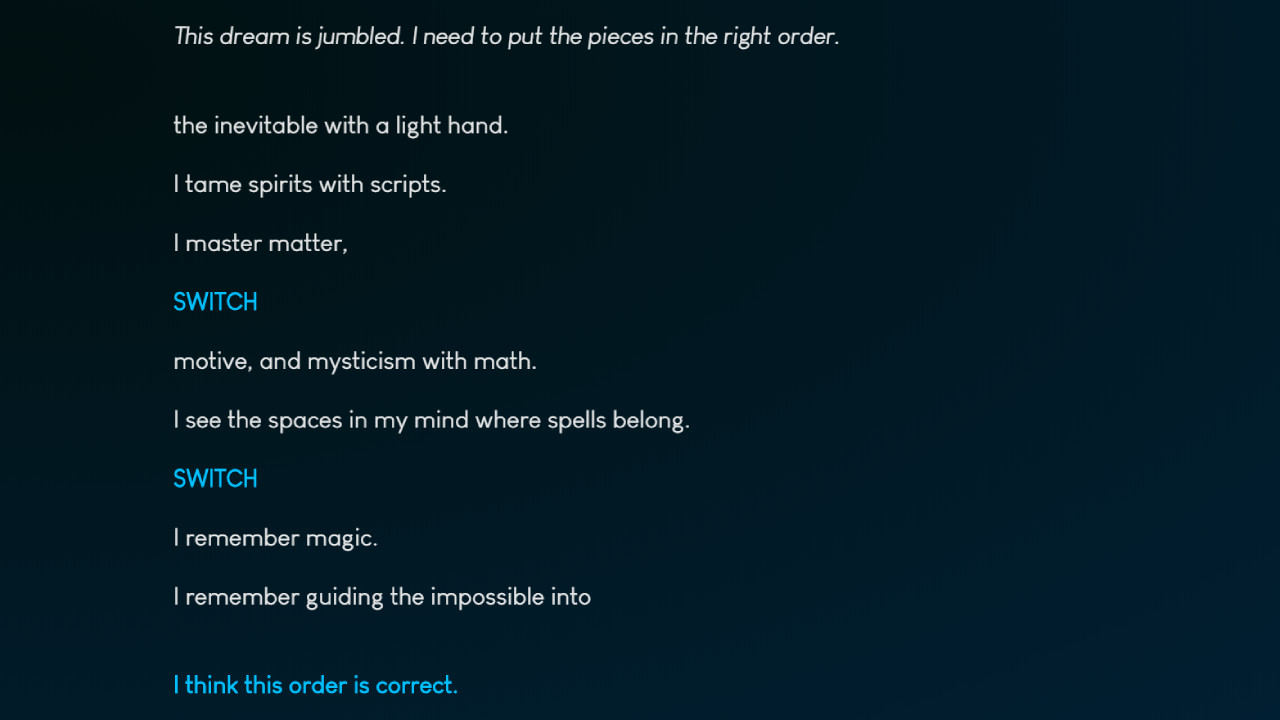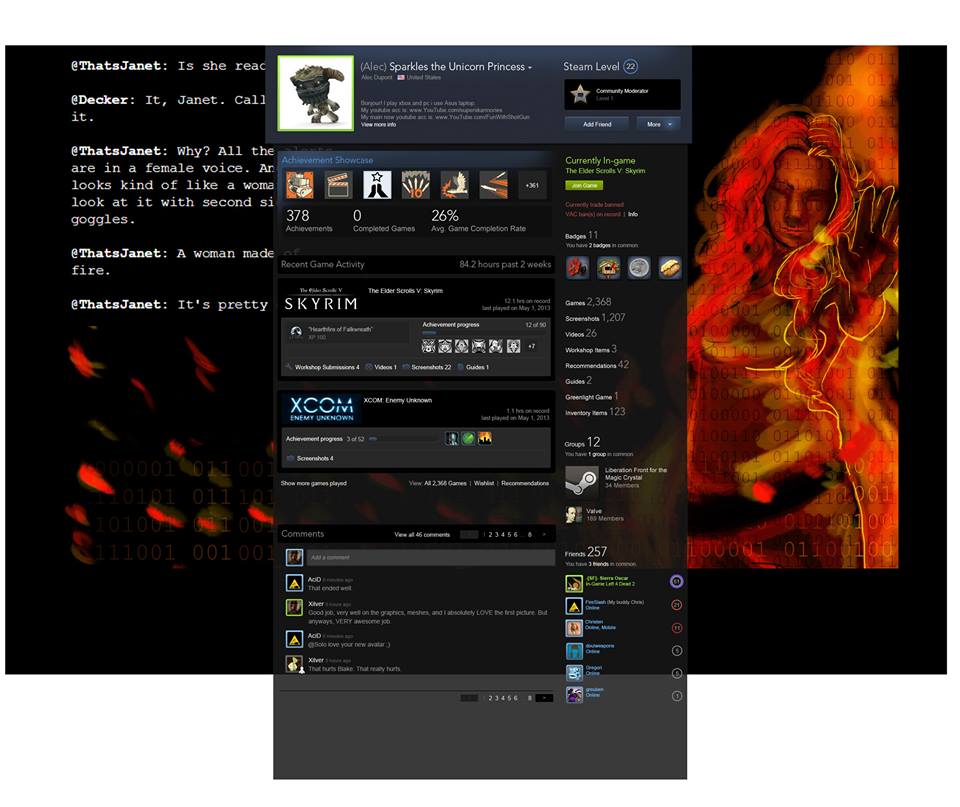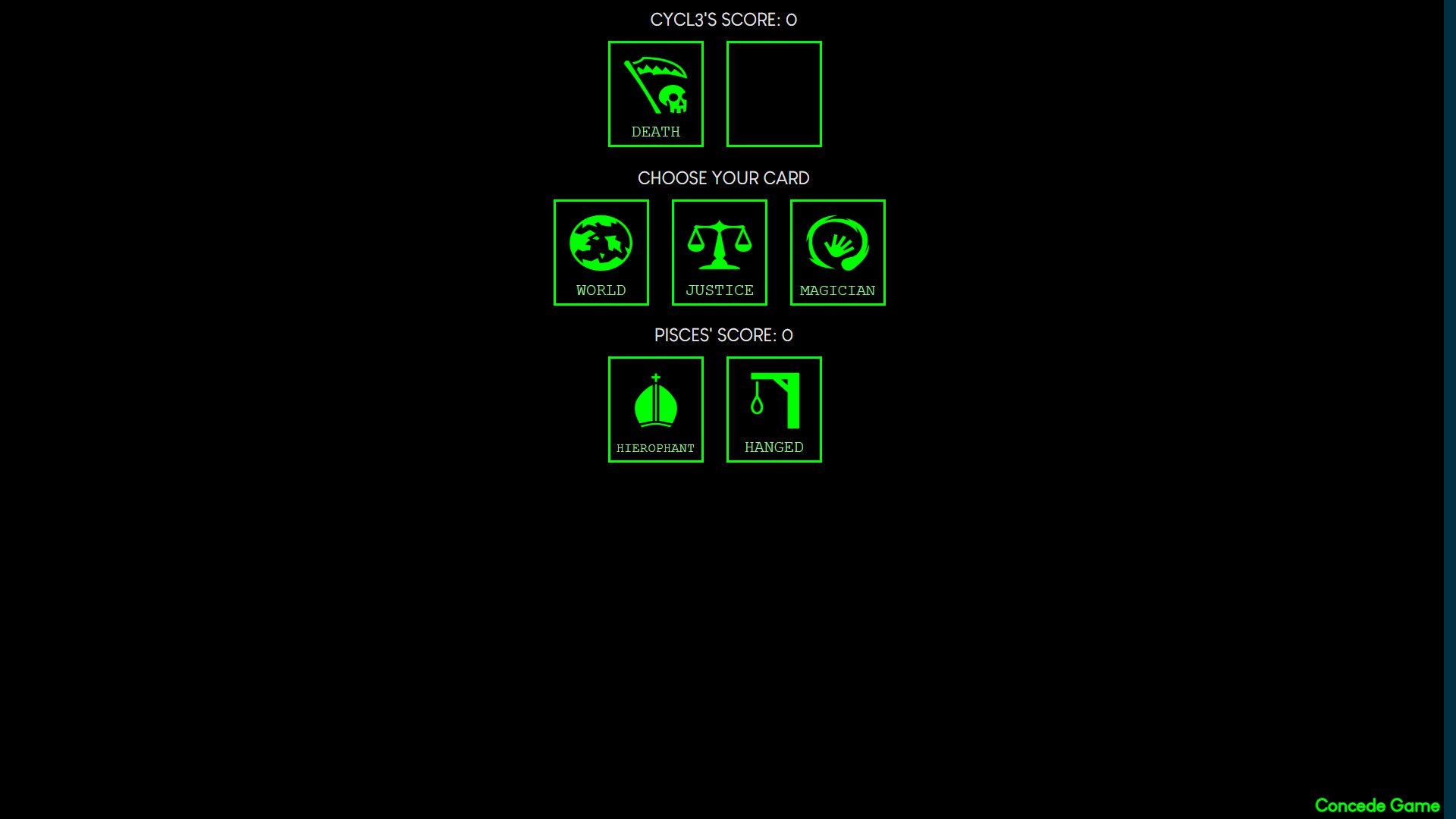

Sorcery: If substantially similar to the sorcery mechanics presented in any version of the RuneQuest rules. Sanity: If substantially similar to the Sanity mechanics in the Call of Cthulhu rules, including Bouts of Madness, Temporary, Indefinite, and Permanent Insanity. Runes: If substantially similar to the Runes contained in the RuneQuest: Roleplaying in Glorantha rules. Original magic systems not derived from RuneQuest may be called “rune magic” if they do not include any components of the Gloranthan Runes. Rune Magic: If substantially similar to the Rune or divine magic mechanics presented in any version of the RuneQuest rules. Reputation: If substantially similar to the RuneQuest: Roleplaying in Glorantha rules. Pushing: If substantially similar to the Call of Cthulhu rules. Personality Traits: If substantially similar to the King Arthur Pendragon rules. Passions: If substantially similar to the King Arthur Pendragon and/or the RuneQuest: Roleplaying in Glorantha rules.

Glory: If substantially similar to the King Arthur Pendragon rules. In addition, game mechanics that are substantially similar to the following unique or characteristic features of other Chaosium games are Prohibited Content:Īugments: The use of one ability - whether skill or characteristic - to augment another ability of the same or a different type, in a manner substantially similar to those of the RuneQuest: Roleplaying in Glorantha rules. It is defined as:Īll trademarks, registered trademarks, proper names (characters, deities, place names, etc.), plots, story elements, locations, characters, artwork, or trade dress from any of the following: any releases from the product lines of Call of Cthulhu, Dragon Lords of Melniboné, ElfQuest, Elric!, Hawkmoon, HeroQuest, Hero Wars, King Arthur Pendragon, Magic World, Nephilim, Prince Valiant, Ringworld, RuneQuest, 7th Sea, Stormbringer, Superworld, Thieves’ World, Worlds of Wonder, and any related sublines the world and mythology of Glorantha all works related to the Cthulhu Mythos, including those that are otherwise public domain and all works related to Le Morte d’Arthur. Prohibited Content is material you can’t use with this SRD. BRP-OGL SRD 1.0 FAQ WHAT IS PROHIBITED CONTENT? Looking for a great BRP reference? Check out a website dedicated to Basic Roleplaying that include an online version of the System Reference Document and will include information help clarify any questions on playing games with the Basic Roleplaying system. I want to create my own historical adventure

I want to create my own science fiction game I want to create a RuneQuest Glorantha Scenario

I want to create a Create a Call of Cthulhu Scenario Tag it there with the appropriate rule system. If you are looking for a publish platform, we recommend DriveThruRPG. I want to publish my own game using the -OGL system. The BRP-OGL differs from the other publishing opportunities for community content with Chaosium Inc. If you want to develop for QuestWorlds, please check out the QuestWorlds - System Reference Document.ĭownload the BRP - System Reference Document V1.0 For 7th Sea, you can only publish through the Explorer's Society. The Miskatonic Repository and Jonstown Compendium also provides self-publishing opportunities for individuals and groups. The BRP Systems Reference Document (SRD) contains guidelines for publishing content under the BRP Open-Gaming License.


 0 kommentar(er)
0 kommentar(er)
